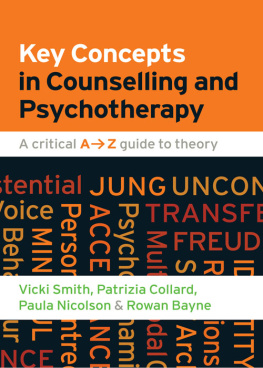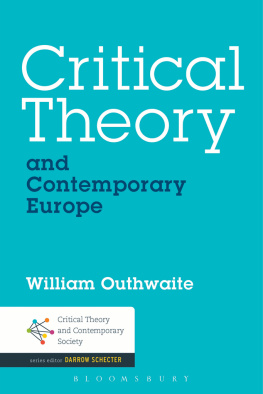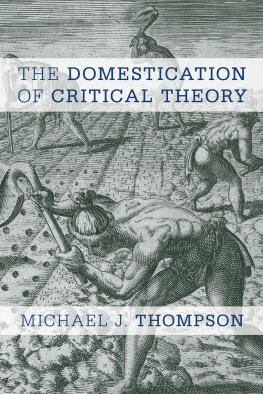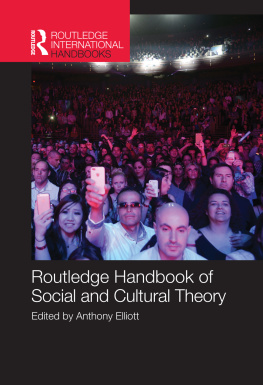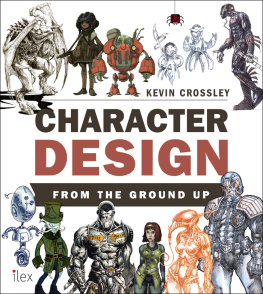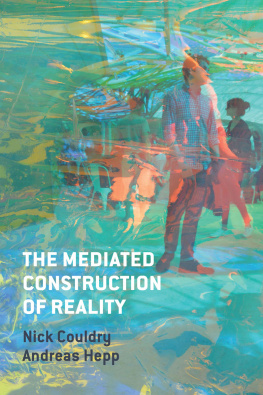Key Concepts in
Critical Social
Theory
Recent volumes include:
Key Concepts in Medical Sociology
Jonathan Gabe, Mike Bury and Mary Ann Elston
Fifty Key Concepts in Gender Studies
Jane Pilcher and Imelda Whelahan
Key Concepts in Social Research
Geoff Payne and Judy Payne
Forthcoming tines include:
Key Concepts in Leisure Studies
David Harris
Key Concepts in Urban Studies
M. Gottdiener and Leslie Budd
The SAGE Key Concepts series provides students with accessible and authoritative knowledge of the essential topics in a variety of disciplines. Cross-referenced throughout, the format encourages critical evaluation through understanding. Written by experienced and respected academics, the books are indispensable study aids and guides to comprehension.
Nick Crossley 2005
First published 2005.
Reprinted 2008 (Twice)
All rights reserved. No part of this publication may be reproduced, stored in a retrieval system, transmitted or utilized in any form or by any means, electronic, mechanical, photocopying, recording or otherwise, without permission in writing from the Publishers.
| SAGE Publications Ltd
1 Olivers Yard
55 City Road
London EC1Y ISP |
SAGE Publications Inc
2455 Teller Road
Thousand Oaks
California 91320 |
SAGE Publications India Pvt. Ltd
Bl/ll Mohan Cooperative Industrial Area
Mathura Road, New Delhi 110 044
India |
SAGE Publications Asia-Pacific Pte Ltd
33 Pekn Street #02-01
Far East Square
Singapore 048763 |
British Library Cataloguing in Publication Data
A catalogue record for this book is available
from the British Library
ISBN 978-0-7619-7059-0 (hbk)
ISBN 978-0-7619-7060-6 (pbk)
Library of Congress Control Number Available
Typeset by M Rules
Printed in Great Britain by Cpod, Trowbridge, Wiltshire
Printed on paper from sustainable resources
preface
This book is intended to help students who are working with or attempting to read about aspects of contemporary critical social theory. My immediate feeling when the idea of the book was suggested to me was that it might be used as a substitute for the real thing and I was very hesitant about accepting the challenge for precisely that reason. There is no substitute for the real thing. To understand and engage properly with theory it is necessary to hear it from the horses mouth, that is, from primary texts and critiques. Having reflected more deeply upon the issue, however, I arrived at the conclusion that there is a genuine need for books like this in the present era. The modularization of courses has generated a situation where students often receive less teaching in areas such as theory and where advanced or contemporary theory are taught to students who have had very little introduction to even the basics and who have little time to get up to speed. This makes theory very difficult both to teach and to learn. And that, in turn, necessitates books like this, which seek to explain key concepts and offer some insight into the reasons why theorists have used and developed them. The alternative, I believe, is that theory, which is an essential element of sociology and the other social sciences, becomes so opaque as to alienate all but the smallest clique. My view regarding the importance of primary texts still stands. I would hate to think that a student did not bother reading what Bourdieu himself writes about the habitus, for example, or what Habermas writes about colonization of the lifeworld, because my entries on these topics are more accessible. But I believe that this book could be used as an aid by readers approaching these difficult ideas and texts for the first time and I hope that it will be. I hope that students will use this book to check their own understanding of concepts, to fill in gaps and perhaps also to achieve the preliminary clarification that is sometimes necessary for pressing ahead with complex materials.
PRINCIPLES OF SELECTION
It was suggested to me when I was first discussing the plan for the book that it should reflect my own take on theory, my own range of interests and priorities. Undoubtedly this suggestion found its way into the process whereby I selected concepts for the book, whether intentionally or not. Some of the inclusions that I have made would not have been made by others. I have attempted, however, to be a little more systematic and judicious in my selection. Specifically I have tried to operate according to five principles.
Firstly, I have tried to deal with the concepts of authors who strive to be precise and clear but who are not so clear as to create no need for further clarification. In effect this has meant excluding concepts which are so straightforward as to require no discussion, in my view, but also those which are so opaque or vague as to defy reasonable definition.
This has also meant that I have refused to be drawn in by naked emperors. A great deal of what has come under the banner of post this or that theorizing is, in my view, deliberately obscure, often to the point of incoherence, and very weak or insubstantial. The meaning of complicated sounding concepts vacillates between simple-minded obviousness and obvious simple-mindedness. I refuse to make excuses for theoretical work of this kind or to pander to its pretentiousness. And I advise students to do the same. Writers only try to sound clever and difficult, in my experience, when they have very little of any depth or complexity to offer. One should always approach texts charitably, assuming that the author has something coherent and of interest to say. But that is not always true and when the emperor has no clothes it is as well to recognize the fact. Some of the work to which I am referring may have made its way through my filter and into this book, but not much I hope.
Secondly, I have selected concepts which have a degree of durability to them. Some writers, some of the time, develop throwaway concepts that are intended to serve a specific purpose in a specific argument but are never taken up again after this point. There is nothing wrong with this but I believe that such concepts are best dealt with in their contexts and there is no real need to extract them and discuss them in abstract, in a work such as this.
Thirdly, I have tended towards more sociological theories and concepts. Contemporary critical theory draws upon psychology, literary/cultural studies, philosophy, geography, anthropology, history and other disciplines besides. Indeed, part of what defines it is its interdisciplinarity. It would be impossible to do justice to the input of all of these disciplines however, and my strength is sociology (with some strands of philosophy). So I have opted here, for the most part, to elucidate the sociological input to contemporary critical theory. Or rather, insofar as I have strayed beyond the most central (interdisciplinary) concepts of contemporary critical social theory, I have strayed in a sociological direction. I have tried as much as possible to do justice to the most central concepts of critical theory, as I see them, from whatever disciplinary basis, but where I have gone beyond the absolutely central concepts I have selected from amongst the more sociological strands of theory.





